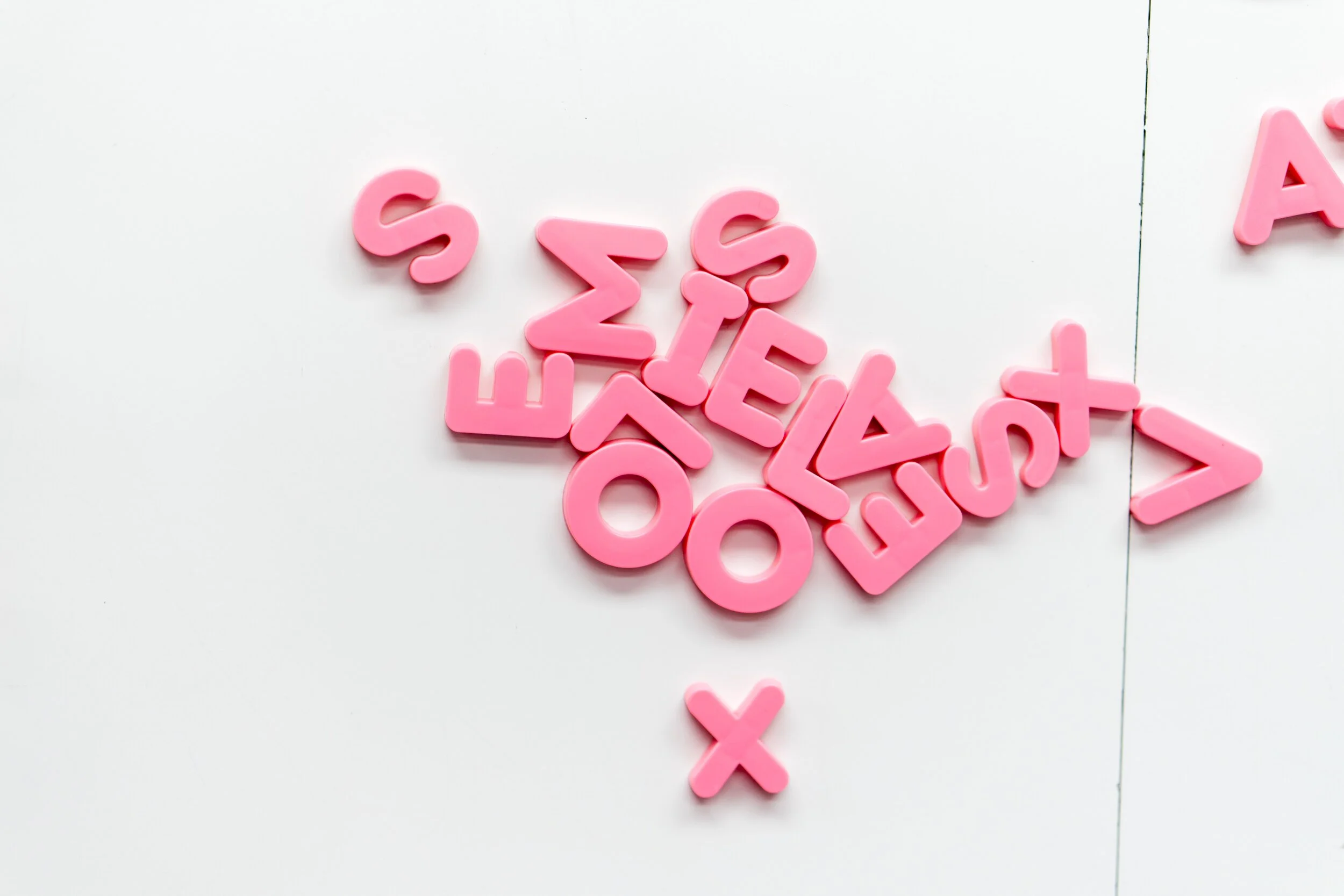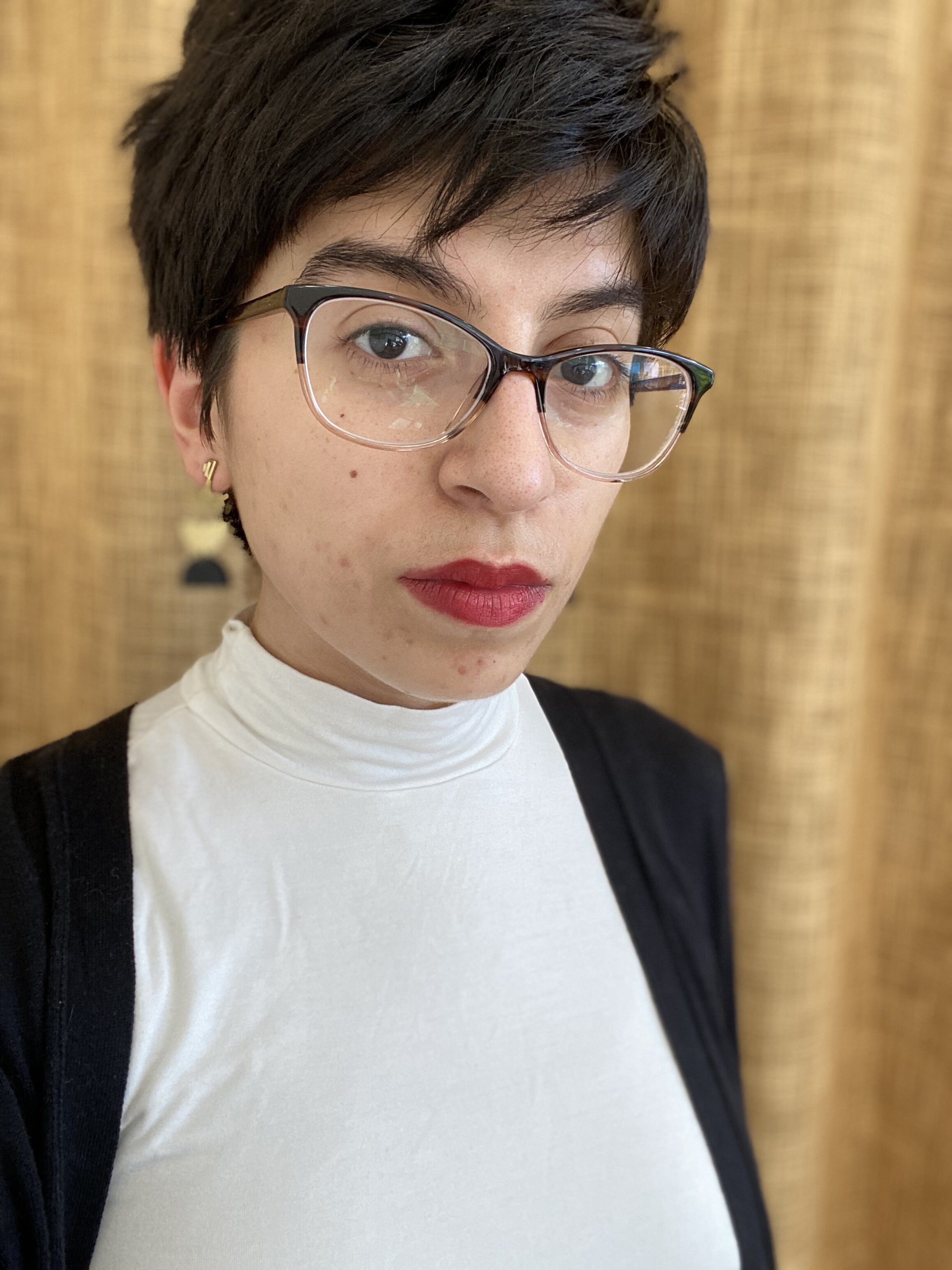My Body Is
My body is a windowless cage. The vessel traps me in the memories of how I have been maimed and wounded. I look at old videos of myself laughing with friends and wonder about this stranger before she felt the weight of rape and womanhood set on her shoulders. After all, what is being a woman, if not a plaything for others to abuse? These secrets were unknown to me when I had laughter in my eyes. Now my eyes are sunken ghosts that creep out every so often to glance at what’s left of me—bruises and nightmares. With my facial expression frozen in time and shock, capturing the moment of betrayal that never seems to fade. Betrayal from the man who raped me, and worse, the betrayal of my body showing me I could experience so much pain. I am a mirrorless house with curtains pulled shut. There is nothing to see here.
With betrayal came the sense that I could never trust again. I could never trust my body not to feel so much pain. I wasn’t sure if she deserved my forgiveness. So, I wouldn’t grant her the redemption of a loving touch. I couldn’t trust she wouldn’t abuse it to hurt me again. I recoiled when people touched my body. Hugs felt like poison sitting on my skin activated by relentless fear in my heart. My mother’s sweet strokes on my hair sent jolts of fear, reminding me of how he had his claws tangled in my mane, halting me from moving. Little by little, I found that poison spread outward and my body began deteriorating. Pound after pound, within just a few weeks, I was a skeletal version of the joyful girl I was before. Too weak to pick my head up and look in the mirror at what had become of myself, applauded by everyone around me by how “skinny” I became—what a joke. How ingrained it is in everyone’s mind that skinniness makes us morally superior, my body withering away seen as an act of God. “I can see your rib cage, lucky you, what’s your diet?”
“Rape and post-traumatic stress disorder,” I yearned to spit out. “I don’t recommend it.” I am a pile of rubble after a hurricane.
This story is as old and typical as it is nightmarish and gruesome. I have been raped, and apparently so has everyone else. It is a tiring reality. The harm that comes of women’s bodies and queer people’s bodies is a shame. As if we are only born to experience the violence of the world. And at seventeen, I was grossly unprepared for the symptoms of being a survivor who had not yet survived. I felt utterly trapped in my own skin. At times, the only way out seemed to be clawing out of my own flesh or swallowing pills, hoping my spirit might finally be free of this body that betrayed me. I wake up disappointed that I failed to break through the clutches of this cage. I am a failed construction project.
I don’t remember what caused the shift in me. Maybe it was the rise of the #metoo movement letting me know I wasn’t alone. Maybe it was my partner screaming into my void that, I did deserve to be loved, and I could define what that meant for myself. Maybe it was time. Maybe it was therapy. Maybe it was all of the above. The journey was through mist and fog. It’s unclear when I look back what jungle I ventured through. It was a vague awareness as I floated through time, that my body deserved better, and that I could grow to love her again. I am a leaf, floating on water, searching for the future.
My body is a sunroom in a big house, taking in the light, and flourishing with plants growing happily by the windows. Able to feel the warmth of the sun and the chill of cool rains. Nevertheless, the sunroom protects me by giving a safe space to view the world passing by. My body is the vessel where stories of pain and growth live together. Where I can be strong and ask for help. Where I can feel confident and sexy in my mirrorless home. My body carries the heart learning once again what freedom of laughter feels like. A woman is not to be abused but to be unstoppable in a world that insists on stomping her to the ground. I am a home carved into a mountain, as indestructible as time. I am a force of nature.
-Nadia Khansa
Nadia Khansa is an artist, activist, and mental health therapist. She began writing informally when she was twelve after fleeing war in her home country of Lebanon with her family. Since a young age she's been interested in how trauma affects the soul, and grew interested in art as a medium of activism after being sexually assaulted when she was seventeen. She later gave a TEDx talk titled "Its Time to Talk about Trauma" and has since moved on to becoming a trauma therapist.


















